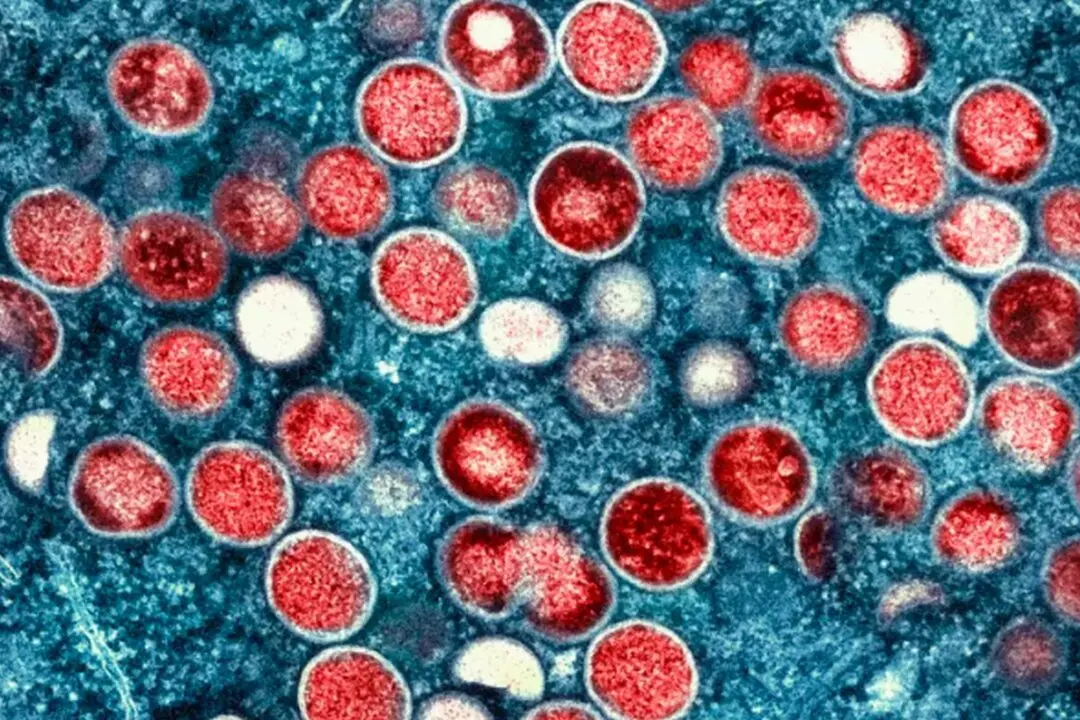Health Canada says the risk to Canadians from the latest version of monkeypox or mpox remains low, even after the World Health Organization (WHO) has declared a global emergency.
Two types of mpox have been detected globally: clade, or group, I and clade II. Clade I is spreading rapidly in Africa, prompting the alert from the WHO.





